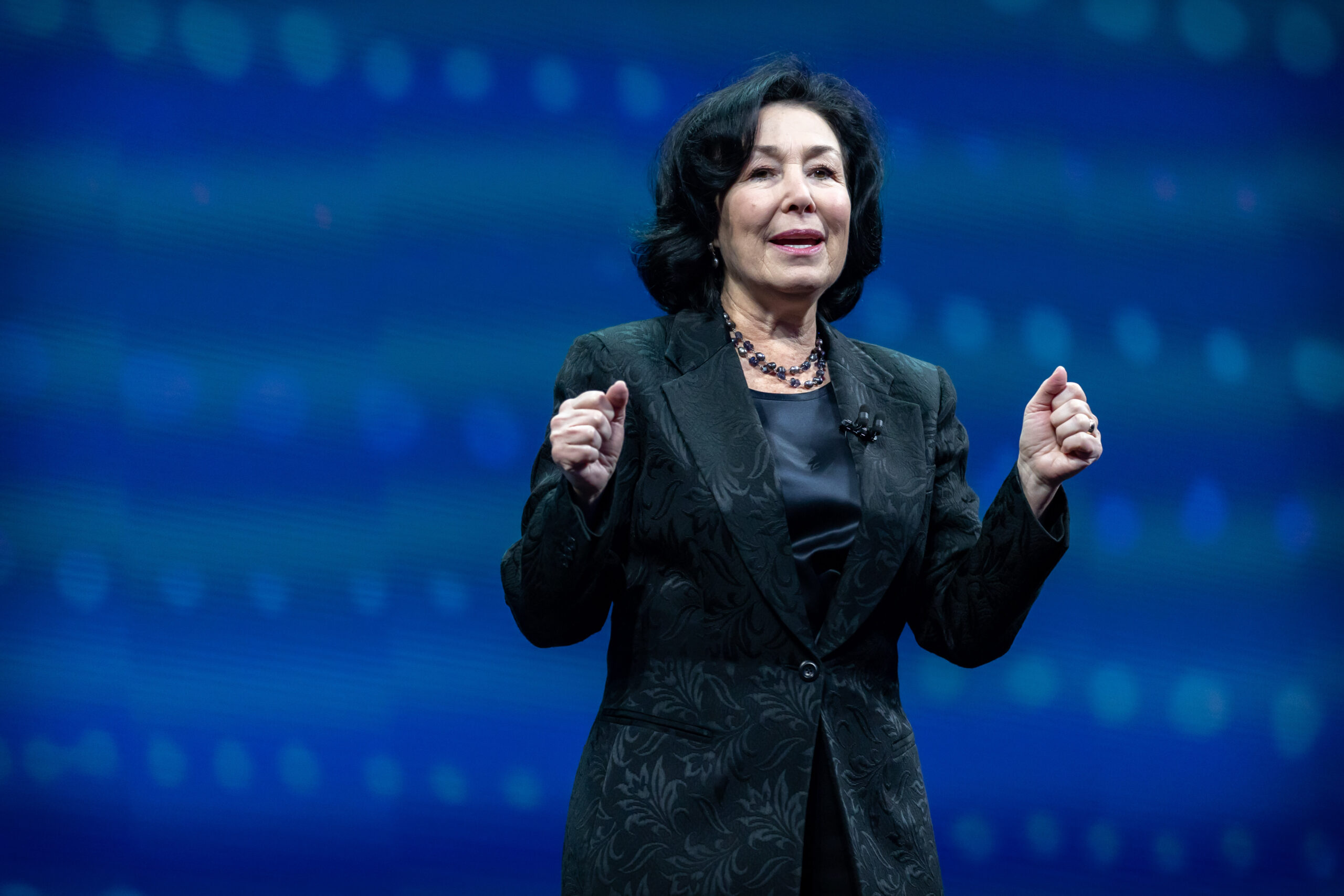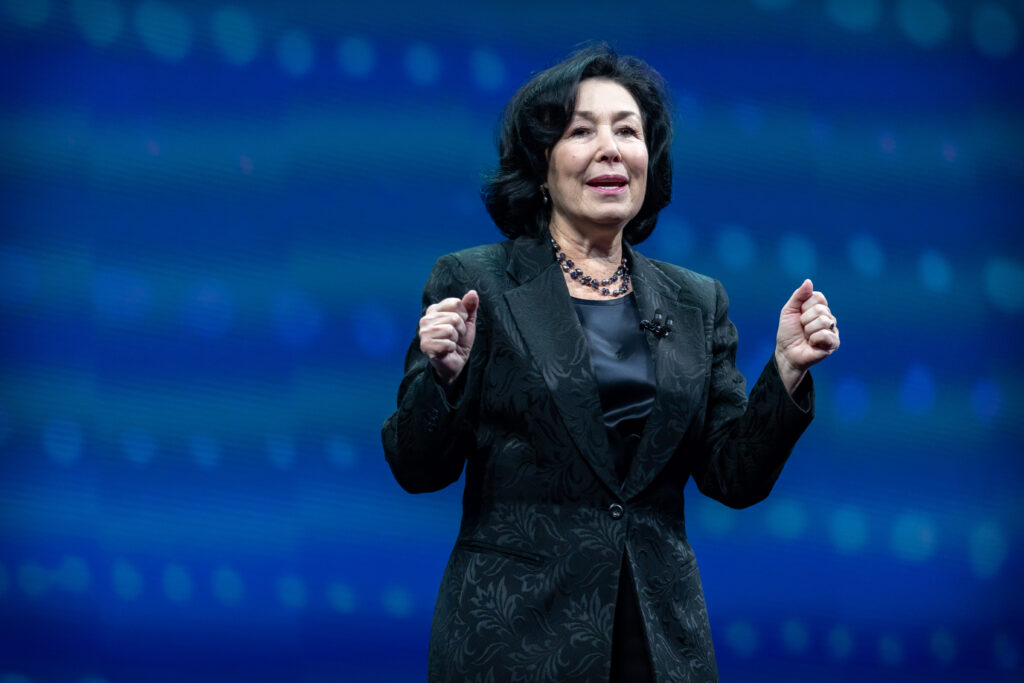Oracle has announced its fiscal 2024 Q3 results, exceeding analysts’ expectations, with the success mainly driven by the company reinforcing its AI offering to customers.
For the fiscal third quarter ending February 29, Oracle reported revenue of $13.28bn, a seven percent year-on-year increase, beating analyst estimates.
Oracle CEO Safra Catz emphasized that OCI has emerged as “the largest driver of overall revenue acceleration,” teasing that it is “growing much faster than cloud competitors”.
“Customers have figured out that by moving to OCI, they can really get more while paying less, but it’s not just the cost that matters to our customers,” Catz explained during the earnings call.
In addition, Q3 cloud revenue was up 25 percent, reaching $5.1bn, while Cloud services and license support revenues were up 12 percent, reaching $10.0bn.
Oracle also attributed its success to significant demand for its AI servers, after securing “several large deals this quarter” as Catz confirmed that the company “has many more in the pipeline”.
Oracle reported record-high total remaining performance obligations of $80bn, spurred by new cloud infrastructure contracts, with 43 percent of them expected to translate into revenue over the next four quarters.
Some big names leaning on Oracle’s cloud offerings include McDonald’s, Walmart, Nvidia and Uber.
Looking ahead, the CEO also said that Oracle anticipates receiving large contracts reserving cloud infrastructure capacity because the demand for its Gen2 AI infrastructure substantially exceeds supply, “despite the fact we are opening new and expanding existing cloud datacenters very, very rapidly,” Catz added.
Amid the generally fruitful quarter, not all company segments performed as well with cloud license and on-premise sales declining three percent to $1.3bn, while hardware revenue slumped seven percent to $754m and sales in Oracle’s services division were down five percent to $1.31bn.
Larry Ellison, Oracle’s Chairman and CTO also made an announcement about the company’s fourth quarter, when Oracle will start delivering its new Ambulatory Clinic Cloud Application Suite to customers.
“This new AI-driven system features an integrated voice interface called the Clinical Digital Assistant that automatically generates doctors’ notes and updates Electronic Health Records – saving precious time and improving health data accuracy,” Ellison said.
The delivery of this new healthcare technology is hoped to enable the rapid modernization of customers’ health systems over the coming year and transform Cerner and Oracle Health into a high-growth business for the years to come.
In another healthcare-related development, Oracle Fusion Cloud Applications Suite was recently chosen by North Memorial Health to help medical practitioners by streamlining finance, supply chain and HR processes to enhance operational efficiency, reduce costs and improve the employee and patient experience.
Earlier this year, Oracle also introduced new logistics capabilities within Oracle Fusion Cloud Supply Chain and Manufacturing (SCM) to help organizations boost the efficiency of global supply chains and improve decision-making.



